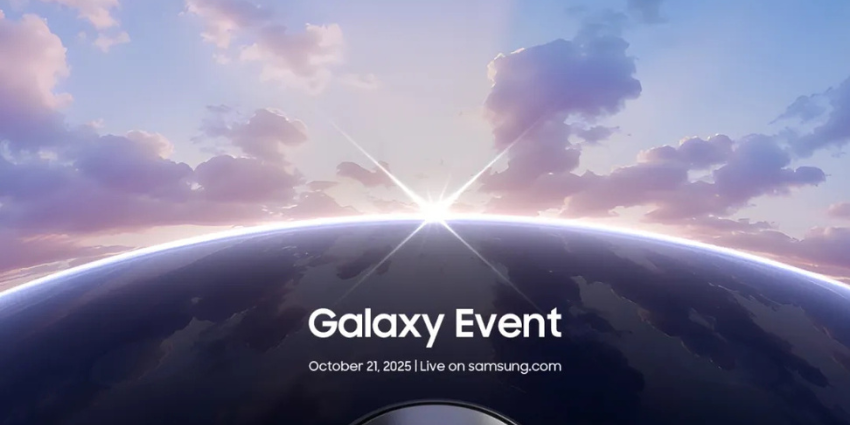What some may perceive as a quieter month for enterprise XR following a busier period that took not only the headlines of XR enthusiasts but also those produced by the mainstream channels is actually a building-up period where the industry is recharging its batteries for what is looking to be an active second half of the year.
New devices and announcements are due. Meanwhile, background deals, innovations, and partnerships continue steadily growing the XR market.
The market is also looking to shift into the second half of 2024. During its lifespan, VR headsets—namely the Quest 2—dominated the market, but a new lead is looking to take the number spot: smart glasses.
According to a recent report by IDC, global shipments of AR/VR headsets decreased significantly in the first quarter of 2024. The report revealed a 67.4% drop compared to the previous year. This decline primarily impacted VR headsets, as potential customers showed a preference for MR/AR devices.
Jitesh Ubrani, a Research Manager at Worldwide Mobile Device Trackers, IDC, pointed out that introducing new mixed reality/spatial computing devices is driving the decline of VR headsets. Ubrani anticipates that purely virtual reality headsets will gradually become less prominent in the market. Additionally, the IDC representative forecasts that XR brands and developers will create new hardware and experiences to facilitate users’ transition to augmented reality in the future.
Could this report highlight a change in tides? The industry certainly thinks so, with most XR devices focusing mainly on passthrough abilities alongside fully immersive virtual applications. Moreover, with Meta Connect 2024 coming up soon, it will not be surprising if the firm doubles down on its smart glasses roadmap.
Meta Closes Storefront, Opens New Developer Framework
Meta has announced “Ocean,” a new open-source framework for creating computer vision and mixed/augmented reality applications. Ocean is designed to be cross-platform and supports iOS, Android, Quest, macOS, Windows, and Linux.
Ocean builds upon Meta’s OpenXR integration earlier this year and provides a library of development tools to facilitate the integration of advanced XR interactions and features.
For example, developers working on the Quest headset can use the Ocean kit to integrate features like gesture tracking, microphone input, and external camera support for various devices. Meta has stated that the supported XR features can create solutions for the education, tourism, and real estate sectors.
Meta has also announced that it will discontinue its App Lab storefront operations starting August 5th. This means that users will no longer be able to use the storefront to debut and test early access or experimental services. Instead, users and developers must use the conventional Quest digital storefront to release all applications, including those under development.
Initially, Meta set up the App Lab storefront to provide a space for developers to distribute experimental or under-development VR/AR/MR applications, either for a niche market such as training apps or early access users.
Beginning on August 5th, the company will move all App Lab applications to the Quest digital storefront, including all services marked under development, under review, and completed. Furthermore, to assist application developers with the transition, Meta will provide recommended steps and details about launching the Meta Quest digital storefront.
Samsung to Release New XR Headset This Year
During the Galaxy Unpacked event in Paris, France, on July 10, the firm’s leading representatives announced that its XR device will be released later this year despite MWC news suggesting a 2025 release.
At the event, TM Roh, the President of Samsung’s Mobile Division, and Google’s Senior Vice President of Platforms and Devices, Rick Osterloh, confirmed that the XR device is under rigorous development and aims for a late 2024 release.
He also added:
Looking forward, we’re collaborating to bring next-generation experiences across Galaxy products from smartphones and wearables to even future technologies like the upcoming XR platform we’ve been working closely to develop in partnership with Samsung and Qualcomm.
Roh also confirmed that the device is coming “later this year,” despite Samsung not revealing a release window; the pair appeared confident about the potential XR device’s 2024 debut.
After the excitement surrounding the international deployment of Vision Pro and potential product releases at Meta Connect 2024, Samsung is taking advantage of the timing to enter the market quickly. If Samsung introduces a device in late 2024 and offers a cheaper, more accessible XR product, the company could position itself favourably by capitalizing on significant vendor hype with an attractive hardware alternative.
Varjo Integrates Dassault Systèmes to XR-4 Headsets
Varjo has officially announced its support for Dassault Systèmes’ 3DEXPERIENCE platform. This development enhances the Varjo XR-4 headset range to accommodate engineering and design workflows better.
Integrating Dassault Systèmes’ 3DEXPERIENCE platform brings many new features to the Varjo XR-4 product portfolio. Thanks to Varjo’s advanced technology and specifications, users can now benefit from an improved ability to view highly detailed CAD data in a mixed-reality work environment.
Additionally, Varjo’s product allows Dassault Systèmes to incorporate real-time ray tracing into the service, resulting in greater detail for CAD data and exceptional quality. This enhancement enhances the usability of professional 3D data workflows, as the graphic capabilities can generate highly accurate digital representations of real-world objects.
Furthermore, the Dassault Systèmes integrations encompass a range of integrated software services, including CATIA, SOLIDWORKS, and 3DEXCITE. Varjo highlights how this integration provides users various tools to enhance 3D design and engineering.
Lenovo Partners with Rendever
Lenovo has collaborated with Rendever, a provider of immersive healthcare solutions, to distribute its VR solution for elderly patients to individuals at the Carolina Caring facility.
Jason McGuigan, Lenovo’s Head of Commercial Virtual Reality, said, “VR experiences can have the power to inspire, inform, and enhance well-being because they are immersive and even breathtakingly vivid.”
The partnership aims to expand the reach of Rendever’s immersive elderly care solution, which uses VR experiences to enhance patients’ quality of life. This collaboration between Lenovo and Rendever used their XR and digital solutions to create shared experiences that improve quality of life, mainly when travel is limited.







